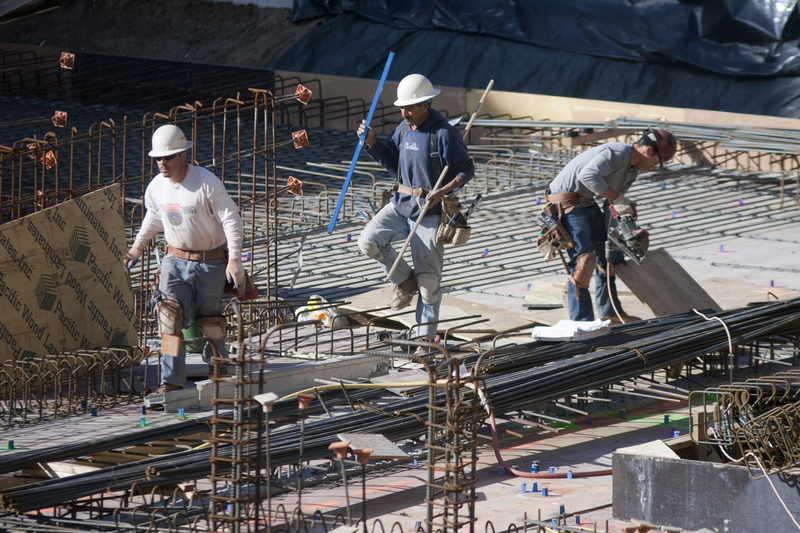
A report by UK-headquartered Mace has analysed 5,000 mega- and giga-projects worldwide, finding that 11% are at risk of delays or cancellation, with a potential loss of $1.5tn in global economic growth by 2030.
Mace defines a mega-project as a major programme costing $1bn or more, and a giga-project as costing $10bn or more.
It says the number of projects in both categories – in sectors like energy, transportation and high-tech manufacturing – have increased by 280% since 2010.
The top 10 current mega-plus programmes worldwide have a combined total value of US $685bn, the report finds.
The US has initiated the most such projects since 2010 with 1,663. India comes in second place with 729, Saudi Arabia has 577 and the UK has 484.
For giga-projects specifically, the US leads the pack with 88, followed by India (43) and Saudi Arabia (43).
Not thinking it through
Mace interviewed 30 construction executives with experience of mega-plus projects and found a degree of consensus over why they go wrong.
A big reason was starting too quickly for political reasons without adequate thought or planning – the opposite of Oxford University mega-project scholar Bent Flyvbjerg’s advice to “think slow, act fast”.
“There is pressure to show progress,” said one senior executive in the North American rail sector.
“This is most acute in projects of interest to politicians who have short-term agendas. Many start before designs are complete and before people are actually sure what the end product is. The money is often released in a way that incentivises this behaviour too.”
Rose-tinted eyewear
Another problem the experts flagged up is the natural human tendency to believe that the most optimistic outcomes are inevitable on one’s own project while ignoring evidence to the contrary from similar past projects.
“What we tend to do on large projects is go in with an overly optimistic position on costs which are often founded more in hopes than on true facts,” a managing director in the UK rail sector told Mace.
Misusing cost consultants
Experts also agreed that too much weight is given to cost consultants’ early-stage estimates calculated before detailed designs or constructability assessments by contractors are complete.
“At its heart, cost consultancy is the art of knowing change will happen and baking that in at the outset with a correct risk and contingency mindset,” said Ceri Evans, Mace’s global director for cost and commercial management.
Team effort
The report concludes that a collaborative, shared-risk approach tends to lead to better results, allowing an up to 13% reduction in cost and a 50% reduction in the risk of delays.
“In practice, this means clients, consultants and contractors … unifying behind shared visions, objectives and culture to work together towards the same desired outcomes,” said Davendra Dabasia, Mace Consult’s chief executive.
Access the report here.
- Subscribe here to get stories about construction around the world in your inbox three times a week
Further Reading:






